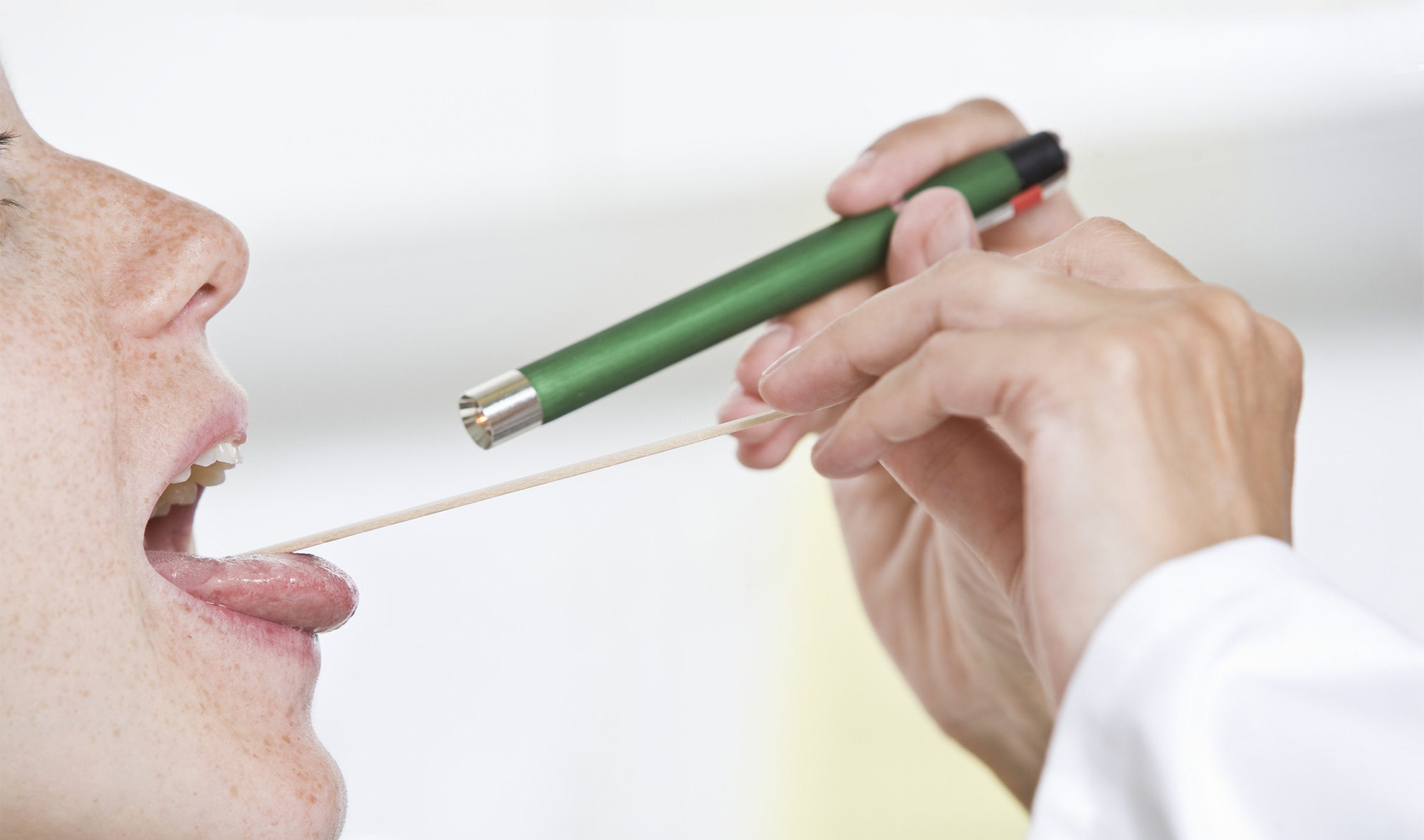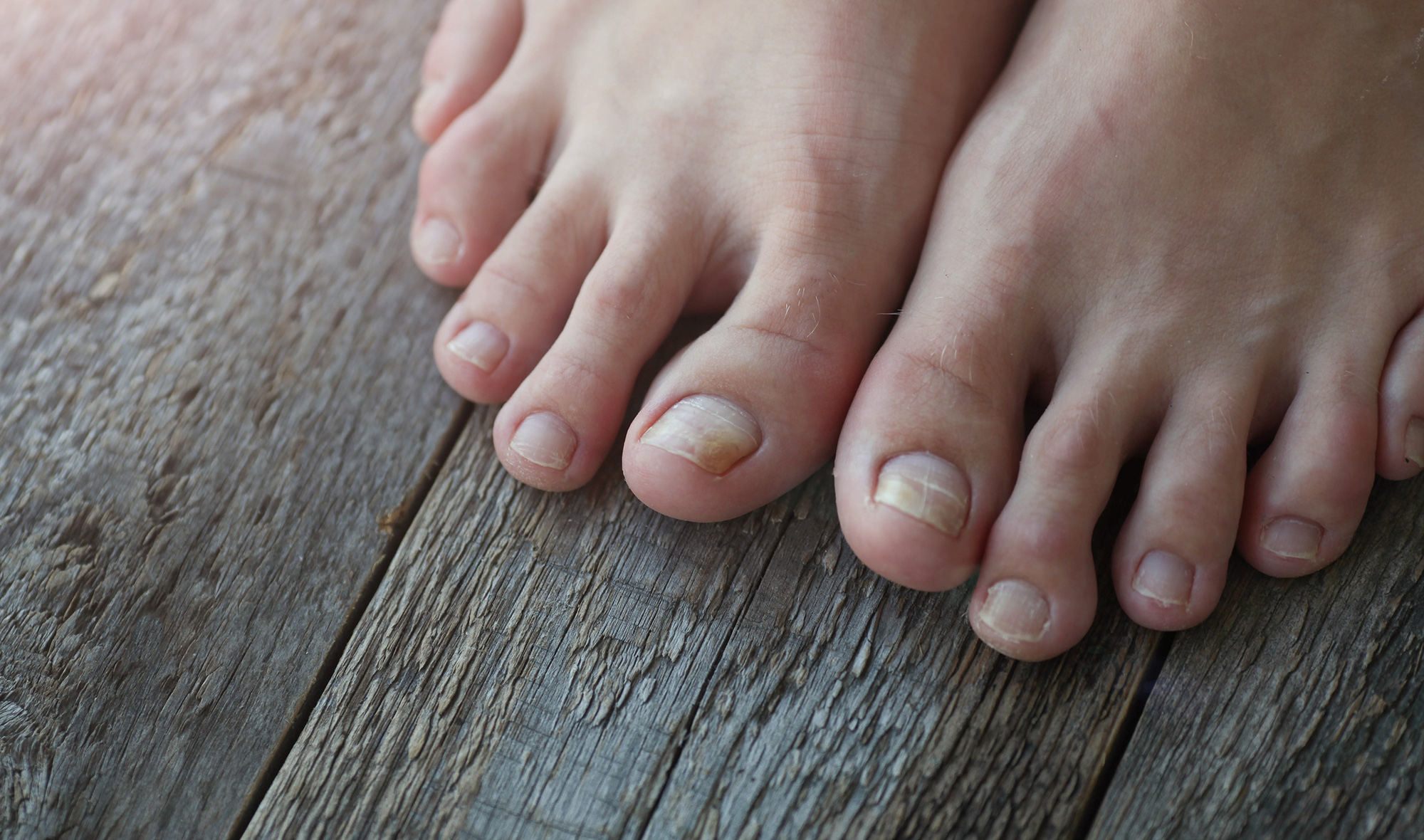Not surprisingly, sciatica and other types of back pain flare-up most often in the summer when people get outside and more active. Anything that puts extra strain on the lower back such as bending, twisting or lifting can aggravate the sciatic nerve or muscles in the lower back. High impact sports, sports that involve sudden movements and other activities like horse-riding, jumping and burpees that put stress on the pelvis and hips can make back pain worse.
How can I tell if I have back pain or sciatica?
Back pain is usually felt across the lower back and impacts mobility. The most common causes of back pain are sprains and strains caused by sudden movements, heavy lifting and repetitive actions. Trauma to the back causing fractured vertebrae or a slipped disc (when the cartilage around a disc tears and starts to push on the spinal cord) are other common causes.
Sciatica is pain that originates in the lower back and buttocks and radiates down the back of the leg and sometimes into the feet and toes. The sciatic nerve is the longest nerve in the body – any inflammation, irritation, increase in pressure or damage to this nerve can cause pain. Sciatic pain is described as shooting, burning or stabbing and can actually feel worse in the leg or foot than it does in the lower back. It usually only affects one side of the body. When severe, sciatica can cause weakness, numbness or tingling in the leg and/or foot. Sciatica is also commonly caused by a slipped disc but also bone spurs that press on the nerve, or degenerative changes like arthritis in the spine.
Why is sciatica often worse in summer?
Once the sciatic nerve is irritated it doesn’t take much to trigger the symptoms again. Weekend warriors beware! Suddenly asking your body to be more flexible, strong and stretchy when it’s not used to it, can trigger a flare-up.
Common irritants are:
Exercise
- forward bending or twisting exercises can stress the spinal discs
- high impact sports such as aerobics and running
- hamstring exercises can make sciatica worse
- exercise involving sudden movements – HIIT, basketball, tennis, squash, soccer.
Dehydration
- dehydration can cause muscle cramps and spasms which put pressure on the sciatic nerve
- the discs in the spine lose their cushioning ability when dehydrated, exacerbating pain
- sugary drinks and alcohol increase dehydration.
Hot weather
- dilates the blood vessels causing fluid build-up in the tissues, which increases pain and inflammation
- can cause muscles to become tense, putting strain on the sciatic nerve.
Travel
- carrying and lifting heavy luggage can cause you to strain back muscles
- if seated for too long especially in a confined space like a car or plane seat, back muscles can become tense and tighten, putting pressure on the nerve.
How to prevent sciatic flare-ups or avoid lower back pain
- Good posture – relaxed shoulders and straight back. Stretch gently every 20 to 30 minutes if sitting or standing for long periods (knee-to-chest or spinal twists are good for this).
- Use a stool or knee-pad when gardening so that you are not hunched or crouched over.
- Lift safely – if you don’t have the strength for it, then don’t lift anything heavy.
- Regular exercise – strengthens core muscles which support and anchor the back muscles.
- Stretching before and after exercise can loosen tight muscles and decrease risk of injury to the sciatic nerve.
What gives relief for sciatica and back pain?
Treatments for back pain and sciatica are similar. Rest, medication and physical therapy can relieve pain and inflammation.
- Try walking, swimming and other low impact exercises like yoga or tai chi.
- Try gentle stretching – it’s very important to increase strength and flexibility slowly.
- Use simple pain relief like paracetamol and ibuprofen.
- Muscle relaxant medication can relieve muscle spasms.
- Use a lumbar roll to support the spine when sitting.
- Cold packs can soothe and decrease inflammation.
- Heat may be preferred to loosen tight or stiff muscles.
- Steroid injections relieve inflammation for more severe pain.
- Some anti-depressants are helpful to treat nerve-based pain.
- Keep moving as this helps decrease inflammation.
- Severe cases may need surgery.
Avoiding back pain or a flare-up of sciatica over the summer months requires some awareness of the activities you will be doing that may cause or aggravate nerve or muscle damage. While not always avoidable, things like easing into outdoor activities or New Years fitness plans, taking regular stretching breaks on long car or plane journeys, paying attention to your posture and staying hydrated can decrease your chance of a few days laid low on holiday.


















Community